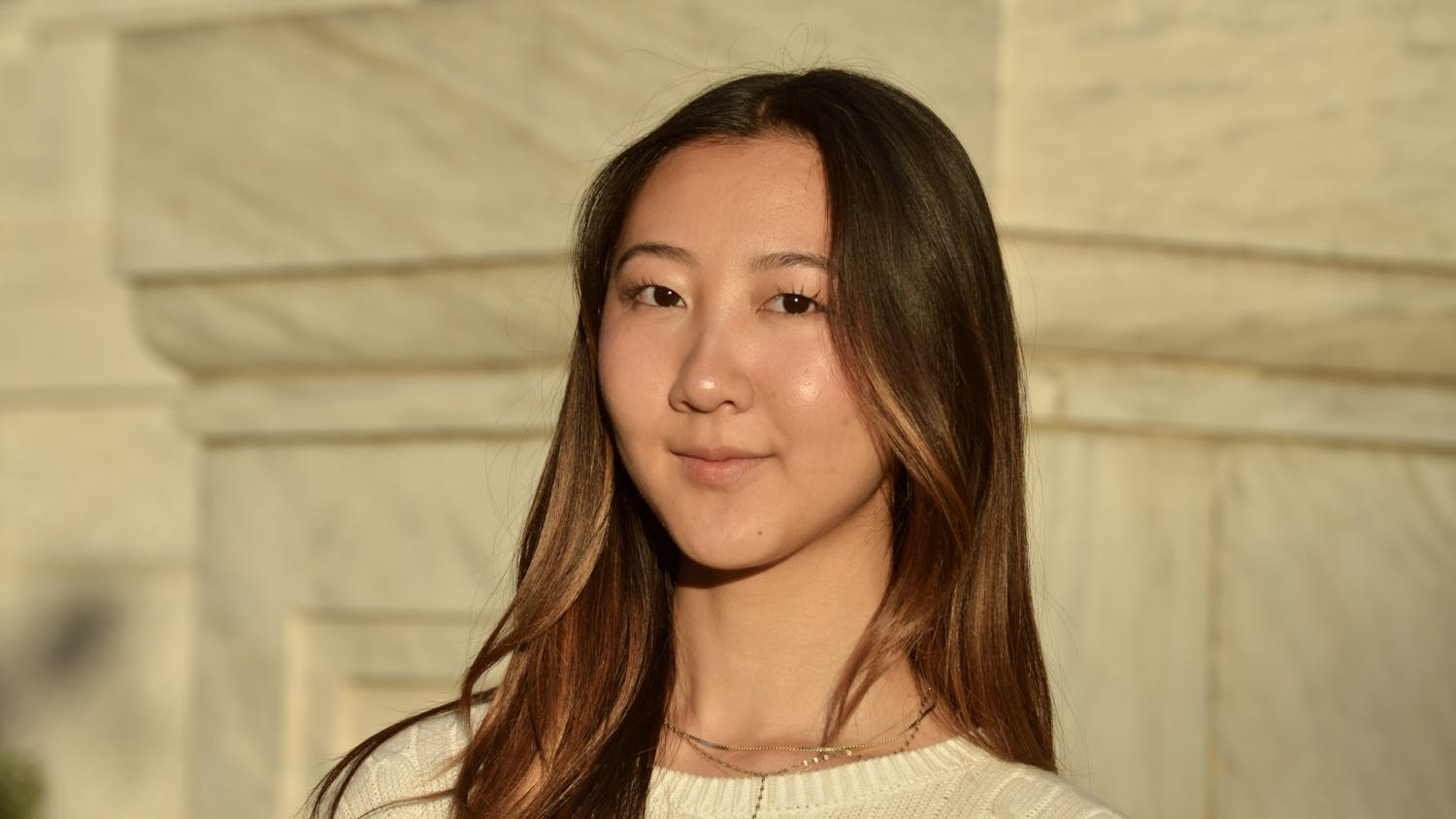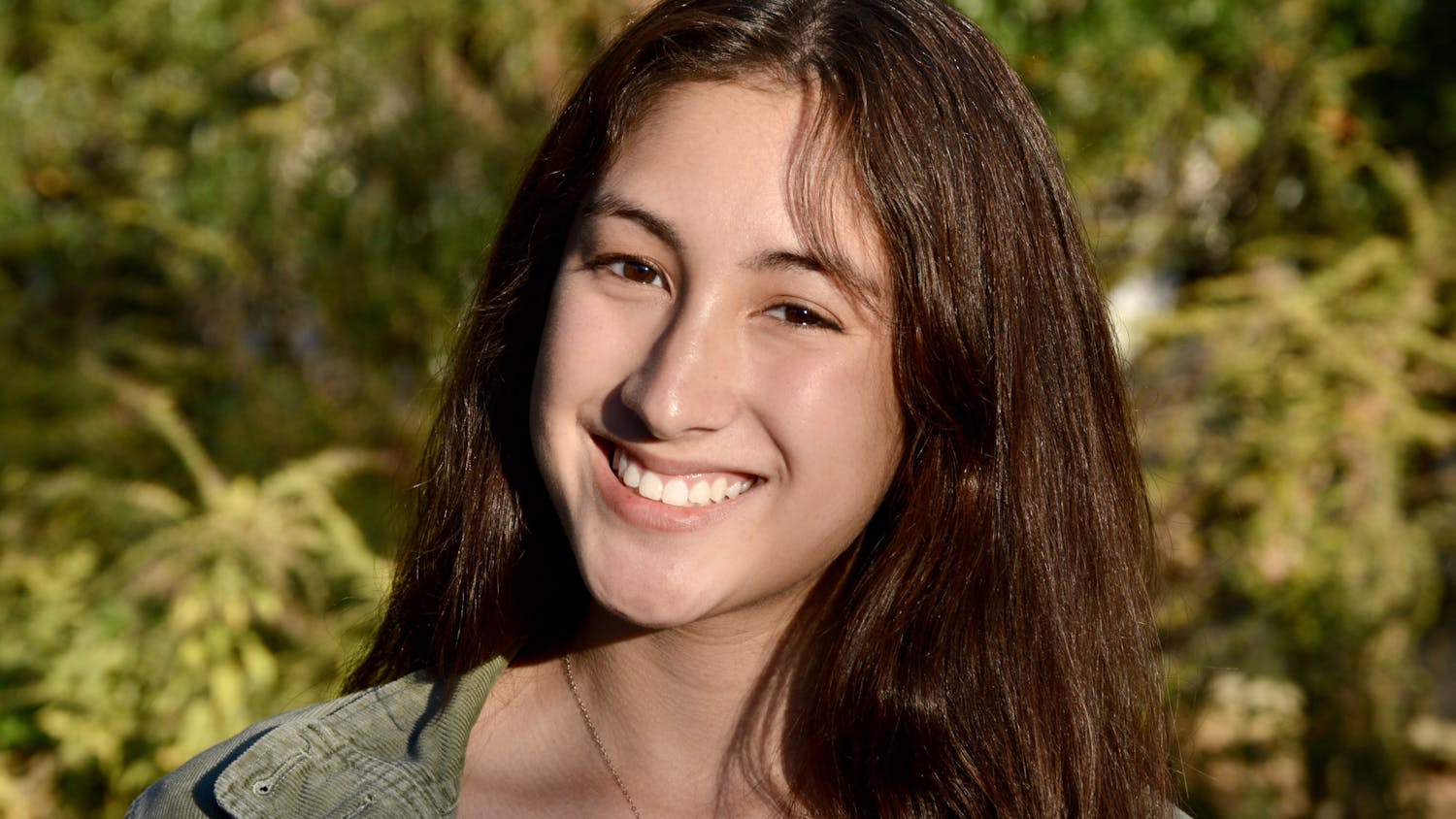The criminal justice system serves both correctional as well as punitive purposes. The death penalty does not serve to correct - or rehabilitate - and because of the required appeals process costs more to invoke than standard imprisonment. And while liberty is said to be blind, a cursory look at the background of those slated to die - across the nation - reveals that a clear majority of the condemned is of minority background and of poor economic standing. The death penalty is not a kind, understanding or politically correct method of responding to crime. It is not perfect, and yet it remains an invaluable component of our criminal justice system.
Our legal system is not without its flaws. Prejudice exists within the system because humans are, to some extent, prejudiced - we support those like us; cops support cops, Republicans support Republicans, Democrats support Democrats, and races, religions and classes are little different. Prisons serve to punish criminal deviants and are not really designed to rehabilitate, and taxpayers across the nation continue to oppose measures that would change this. Evidence that blacks are more likely than whites to be sentenced to die for their crimes is statistical and tends to support the apparent fact that more black people than whites commit violent crime in areas that allow the death penalty. While these facts and arguments can and will be debated for years, they simply cannot be used to question or support the moral acceptability of the state-sanctioned death, as the U.S. Supreme Court decided in 1976. No, that must be determined by popular consensus, which today hovers around 70 percent nationwide.
Government does not use the death penalty against the will of citizens - even the anti-death penalty lobby admits this. The question of the death penalty is not one of state-sanctioned murder, but rather society-sanctioned execution. We do not have to like the death penalty - I hope and believe that few people do. We should, however, accept it for what it is: a popular and final condemnation of acts that our society cannot address through normal rehabilitative or punitive measures.
The April 1995 bombing of the Alfred P. Murrah Federal Building in Oklahoma City resulted in 168 deaths and over 500 injuries. Convicted mass murderer Timothy McVeigh, currently on a self-imposed fast track to execution, committed an act that, I think, warrants the death penalty. He did not rob a store or rape a child. He did not even kill one, two or three people. Rather, McVeigh killed 168 people and simply cannot face the same consequence as common criminals. Society demands that Mr. McVeigh die for his actions - other nations may not agree, but then they did not experience the Oklahoma City bombing.
Government has a popular mandate to kill. Would you have had the government kill Adolf Hitler in order to prevent the holocaust? Would you have had George Bush kill Saddam Hussein in order to save the million Kurdish refugees that were murdered after the Gulf War?
Two weeks ago Oklahoma executed Eddie Leroy Trice, 48, for the rape and murder of an 84-year-old woman. Trice requested forgiveness before his execution, 13 years after his conviction, to which the victim's son later responded, "He may be able to forgive himself, but that is too far beyond me." Me too.
Christopher C. Goins, who shot and killed the parents and three siblings of his pregnant 14-year-old girlfriend, was recently executed in Virginia. The girlfriend, Tamika Jones, and her 18-month-old sister survived the massacre and plan to attend the execution. "I just want him off this Earth. I just want him away from here so he can go to God and let God deal with it." Tamika Jones understands the death penalty is not about man playing God; rather it simply serves to rebuke acts of inhumanity in a more acute manner than cold storage for life.
Death penalty abolitionists should, rather than simply criticize the status quo, make an effort to understand and change the society that has produced those who the rest of us feel must be eliminated. Why did Timothy McVeigh kill 168 people? What drove Eddie Trice to rape and murder an 84-year-old woman? Why do some people have no compunctions with killing police officers? Just as society should use more of the money used to build prisons to renovate our failing public education system, prudence also dictates that we spend less time criticizing the consequence and more time examining the action. If more blacks than whites are being convicted of crimes and therefore executed, let us examine why.
Does urban culture or the media drive certain minorities to become violent? If not, is racism really to blame for the disparity between the races within the legal system? In the same way that we laughed at the Queen of Heart's 'sentence-first, verdict-second' kangaroo court in "Alice's Adventures in Wonderland," we too must beware coming to politically safe conclusions before we have the facts. By definition, the supreme consequence should be invoked only for a small number of crimes. When monsters such as Timothy McVeigh and Charles Manson choose to murder in ways and numbers that test the constraints of the imagination, they become candidates for society's ultimate condemnation.
The debate over the death penalty should not be one of racial tension or uneducated hysteria. Rather, the debate should be one of honest self-reflection, but so long as the death penalty question is about racial disparity or other miscellaneous issues, the discussion will be clouded. And once that uncertainty is removed, what remains will be a lethal consequence of simple finality that will continue to serve as America's unparalleled condemnation of those crimes for which we refuse to pay and in whose presence we refuse to exist.
Evan Wagner is a freshman in the School of Public Affairs/College of Arts and Sciences and is a Staff Writer for The Eagle.




